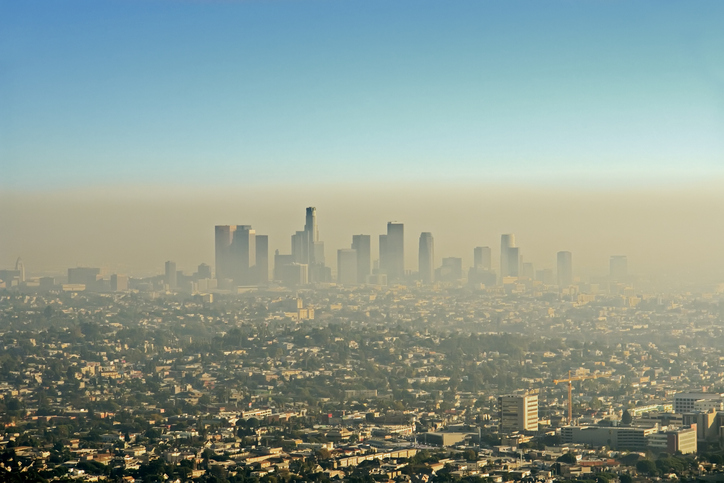Despite an effort by the automotive industry, the Environmental Protection Agency (EPA) is set to finalize a proposal that would freeze fuel economy standards at roughly 37 miles per gallon for the next six years, rather than raising them to nearly 51 miles per gallon for 2025 models. The rule would also revoke California’s existing waiver to set its own rules under the Clean Air Act, a practice the federal government has allowed for decades.
“As we acknowledged earlier this year, California Air Resources Board (CARB) failed to put forward a productive alternative, and we are moving forward to finalize a rule with the goal of promoting safer, cleaner and more affordable vehicles,” said White House spokesman Judd Deere.
Administration officials say that the emissions targets need to be readjusted because consumers prefer bigger and less fuel-efficient vehicles than regulators initially envisioned. As a result, they argue Americans will be forced to drive older, less safe vehicles.
California’s power to set its own standards dates back to 1967 legislation and has been reaffirmed on the prior occasions that Congress amended the law. It now appears that California may litigate the issue of its ability to separately regulate emissions.
“Despite the White House’s rejection of the automakers’ appeal, we stand with those automakers, other states, and environmental leaders in pushing for one national standard — one that doesn’t backtrack on the progress states like California have made in protecting the climate and our kids’ health,” California Gov. Gavin Newsom said.
Chairwoman of CARB Mary Nichols, recently addressed the conflict in front of a House Energy and Commerce subcommittee.
“California is not here because we are seeking to defy the federal government. We are in the business of setting emissions standards for vehicles based on the provisions of the Clean Air Act, which recognizes the important fact that California is very big and has some of the biggest markets for vehicles and also has some of the worst air quality in the United States,” she said.
It appears that CARB is still willing to work on a compromise. Nichols elaborated, “I would state categorically that we proposed areas where we would be willing to come to a compromise with the administration and we never were told precisely what was wrong with any of those proposals. We were simply told they were inadequate and we had simply failed in our jobs by not bringing a proposal that the administration found acceptable.”
“We have always been prepared to go to the negotiating table in good faith,” she said. “We still are.”
Moving forward, the auto industry now faces the prospect of years of litigation with an uncertain regulatory future. Automakers could face sweeping upheaval in the nation’s automotive market, should carmakers eventually have to meet different standards in different states.

